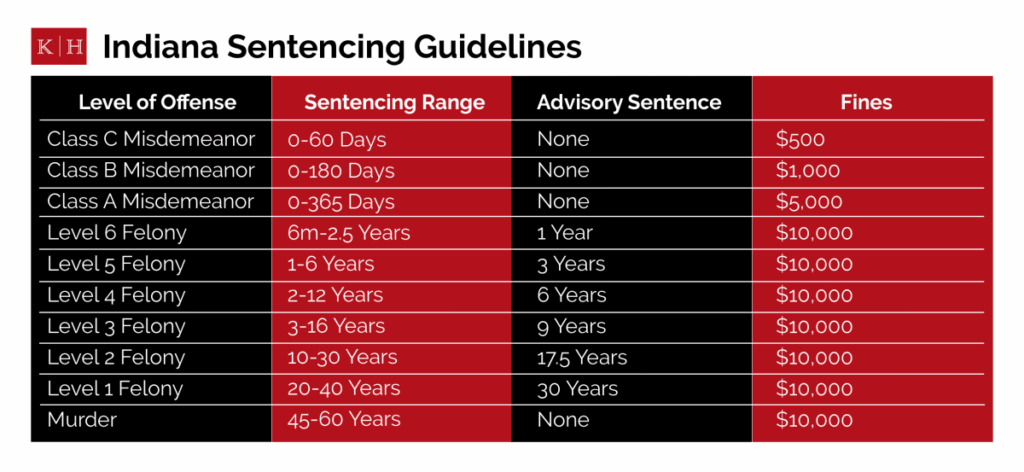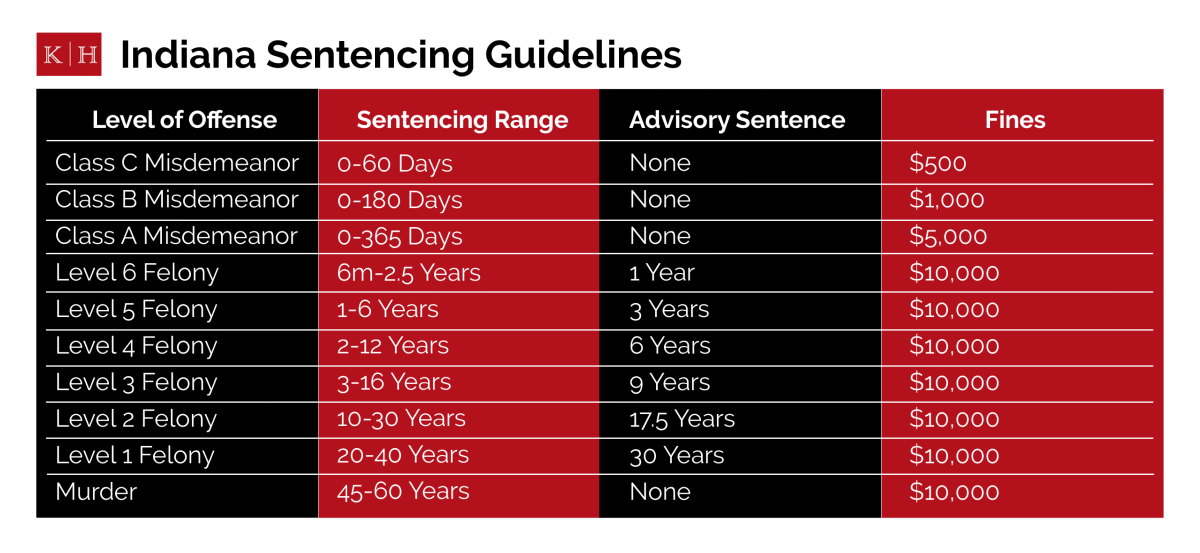
Navigating Indiana Suppressor Laws: A Comprehensive Guide for 2024
Understanding Indiana suppressor laws is crucial for any Hoosier interested in owning or using these devices. Suppressors, also known as silencers, are regulated under both federal and state laws. This article provides a comprehensive overview of Indiana suppressor laws as of 2024, covering legal ownership, usage restrictions, and potential pitfalls to avoid. Whether you’re a seasoned gun owner or new to the world of firearms, this guide will help you navigate the complexities of Indiana suppressor laws.
Federal Regulations on Suppressors
Before delving into Indiana suppressor laws, it’s essential to understand the federal framework. Suppressors are regulated under the National Firearms Act (NFA) of 1934, and the Gun Control Act (GCA) of 1968. These federal laws require individuals to undergo a thorough background check, pay a $200 tax stamp, and register the suppressor with the Bureau of Alcohol, Tobacco, Firearms and Explosives (ATF). The process typically involves:
- Completing ATF Form 4
- Submitting fingerprints
- Undergoing a background check
- Obtaining approval from a Chief Law Enforcement Officer (CLEO) in your jurisdiction (though this requirement has been altered in some states, including Indiana)
- Paying the $200 tax stamp
Federal law dictates who can legally own a suppressor. Generally, individuals must be at least 21 years old, a U.S. citizen, and not prohibited from owning firearms due to felony convictions, domestic violence restraining orders, or other disqualifying factors. Violating federal NFA laws can result in severe penalties, including hefty fines and imprisonment. [See also: Understanding Federal Gun Laws]
Indiana State Laws on Suppressors
Indiana suppressor laws largely align with federal regulations. Indiana law generally permits the ownership and use of suppressors as long as individuals comply with all federal requirements. However, there are some nuances and specific considerations to keep in mind. Indiana does not have any state laws that specifically prohibit or restrict the possession or use of legally obtained suppressors. This means that if you can legally own a suppressor under federal law, you can generally own and use it in Indiana.
One key aspect of Indiana suppressor laws is the absence of a state-level permitting or registration requirement beyond the federal NFA process. Once you have successfully navigated the federal requirements, you are generally free to possess and use your suppressor within the state, subject to certain restrictions discussed below.
Permissible Uses of Suppressors in Indiana
Generally, Indiana suppressor laws allow for the use of suppressors for various purposes, including:
- Hunting: Indiana permits the use of suppressors for hunting certain game animals, provided it is otherwise legal to hunt those animals with a firearm. Check the Indiana Department of Natural Resources (DNR) regulations for specific rules and restrictions regarding hunting with suppressors.
- Target Shooting: Suppressors are commonly used at shooting ranges and for recreational target shooting.
- Personal Defense: While less common, suppressors can legally be used for personal defense in situations where the use of deadly force is justified under Indiana law.
Restrictions and Prohibitions Under Indiana Suppressor Laws
Despite the generally permissive stance, Indiana suppressor laws are not without limitations. It’s crucial to be aware of the following restrictions:
- Unlawful Activities: It is illegal to use a suppressor in the commission of a crime. Doing so can result in enhanced penalties.
- Specific Locations: While Indiana doesn’t have broad restrictions on suppressor use, certain locations may have their own rules. For example, private property owners can prohibit the use of suppressors on their land. Be sure to respect these restrictions.
- Transportation: When transporting a suppressor, it’s advisable to keep it unloaded and separate from the firearm to avoid any potential legal issues. While Indiana suppressor laws don’t explicitly address transportation, following best practices can prevent misunderstandings with law enforcement.
The CLEO Sign-Off Dilemma and Its Resolution
For many years, a significant hurdle in the federal suppressor application process was obtaining a signature from the Chief Law Enforcement Officer (CLEO) in the applicant’s jurisdiction. This requirement often created delays and inconsistencies, as some CLEOs were reluctant to sign off on NFA applications. However, Indiana addressed this issue through legislative action.
Indiana passed legislation that essentially removed the CLEO sign-off requirement for NFA applications. This means that Indiana residents no longer need to obtain the signature of their local police chief or sheriff to apply for a suppressor. This change has streamlined the application process and made it easier for law-abiding citizens to exercise their Second Amendment rights. [See also: Second Amendment Rights in Indiana]
Purchasing a Suppressor in Indiana: A Step-by-Step Guide
If you’re interested in purchasing a suppressor in Indiana, here’s a step-by-step guide to the process:
- Find a Licensed Dealer: Locate a firearms dealer in Indiana that is licensed to sell NFA items, including suppressors.
- Select Your Suppressor: Choose the suppressor that meets your needs and budget. The dealer can provide guidance on selecting the right suppressor for your firearm and intended use.
- Complete ATF Form 4: The dealer will assist you in completing ATF Form 4, the application to transfer and register the suppressor.
- Submit Fingerprints and Photos: You will need to submit fingerprints and passport-style photos along with your Form 4 application.
- Pay the Tax Stamp: Pay the $200 tax stamp to the ATF.
- Wait for Approval: The ATF will conduct a background check and process your application. This process can take several months, or even longer depending on the ATF’s workload.
- Receive Approval and Take Possession: Once your application is approved, the ATF will send the approved Form 4 back to the dealer. You can then take possession of your suppressor.
Common Misconceptions About Suppressors
There are several common misconceptions about suppressors that are important to dispel:
- Suppressors Silence Firearms Completely: This is false. Suppressors reduce the noise of a gunshot, but they do not eliminate it entirely. The level of noise reduction varies depending on the suppressor, firearm, and ammunition used.
- Suppressors Make Firearms More Dangerous: This is also false. Suppressors do not increase the lethality of a firearm. They simply reduce the noise signature.
- Suppressors are Only for Criminals: This is a harmful stereotype. Suppressors are used by law-abiding citizens for various purposes, including hunting, target shooting, and reducing noise pollution at shooting ranges.
Staying Informed About Indiana Suppressor Laws
Indiana suppressor laws, like all laws, are subject to change. It’s essential to stay informed about any updates or modifications to the laws. Here are some resources to help you stay up-to-date:
- Indiana General Assembly: Monitor the Indiana General Assembly’s website for any proposed legislation related to firearms and suppressors.
- Indiana State Police: The Indiana State Police may provide information on firearms laws and regulations.
- Firearms Organizations: Join or follow reputable firearms organizations that advocate for gun rights and provide updates on legal developments.
- Legal Professionals: Consult with an attorney who specializes in firearms law for personalized legal advice.
Conclusion: Navigating Indiana Suppressor Laws with Confidence
Indiana suppressor laws generally permit the ownership and use of suppressors as long as individuals comply with federal NFA regulations. By understanding these laws, following the proper procedures, and staying informed about any changes, you can navigate the world of suppressors with confidence and enjoy the benefits they offer. Remember to always prioritize safety and responsible gun ownership.
Disclaimer: This article is for informational purposes only and does not constitute legal advice. Consult with an attorney for advice on specific legal issues.

